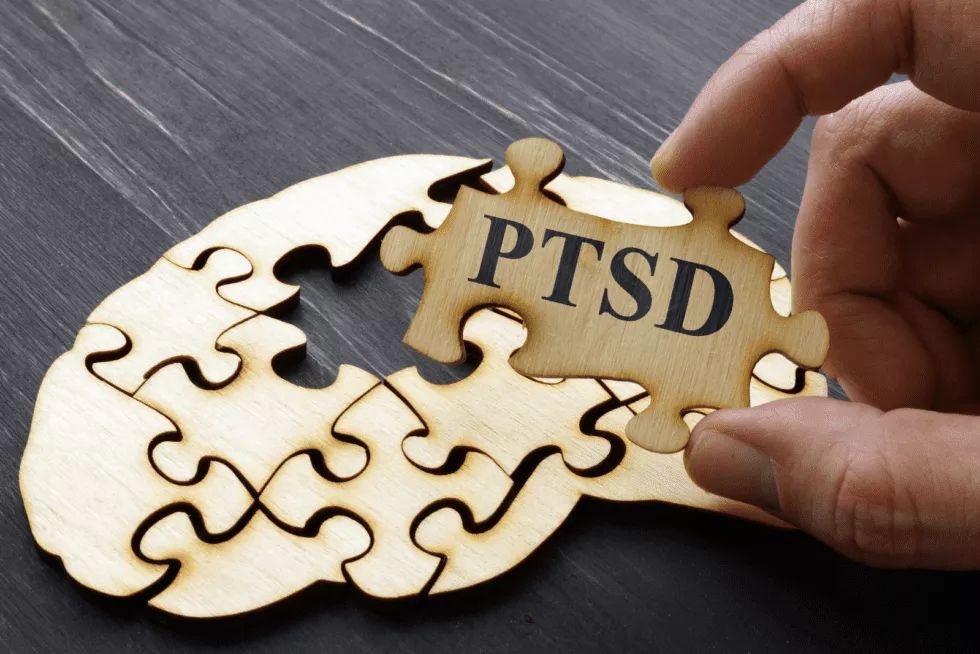Does Workers’ Comp Cover PTSD?
For workers who experience or witness a traumatic event on the job, it can sometimes be challenging to secure the resources needed for treatment through workers’ compensation. While Georgia workers’ comp will cover mental health treatments, a psychological injury must be connected to a physical injury that took place at work. This leaves some workers, including many first responders who regularly witness traumatic events, struggling to obtain the care they need.
What is PTSD?
Post-traumatic stress disorder, or PTSD, begins when a traumatic event, either experienced or witnessed, causes symptoms like flashbacks, severe anxiety or changes in behavior. People with PTSD may have trouble performing their jobs or interacting with others. While not everyone who experiences trauma develops PTSD, one of the biggest risk factors, according to the Mayo Clinic, is “having a job that increases your risk of being exposed to traumatic events, such as military personnel and first responders.”
Symptoms usually begin soon after the event and may include:
- Mental replays of what occurred
- Hopeless thoughts
- Detachment
- Emotional numbness
- Quickness to startle
- Self-destructive behaviors
- Trouble concentrating
- Difficulty sleeping
- Angry outbursts
- Attempts to avoid situations or locations reminiscent of the event
- Physical reactions when reminded of the event
Like many mental health conditions, treatment plays an enormous part in reducing symptoms and making the condition more manageable. Effective treatment usually involves some form of therapy, possibly medication, as well as time, support and self-care. Employees who lack workers’ comp coverage for their PTSD and time off to heal are often left struggling alone, facing worsening symptoms.
Does Georgia workers’ comp cover PTSD?
The Georgia workers’ compensation system only covers mental health concerns when they’re connected to a physical injury that occurred at work. For example, if an employee is injured in an act of workplace violence and experiences PTSD stemming from that incident, he or she may be eligible for workers’ comp for the PTSD treatment. If an employee was threatened with a weapon or saw a co-worker hurt, however, he or she would not be eligible for PTSD coverage.
Even when PTSD is connected to a physical injury, it takes an experienced workers’ comp attorney to prove it. Insurers will often try to argue that mental health issues are preexisting or related to something that happened outside of work. For a successful claim, you’ll need:
- To have been physically injured at work
- To show that your PTSD is connected to that workplace injury
- To be diagnosed by a mental health professional
- To be ready to defend against claims that your PTSD is related to something outside of work
First responders and Georgia workers’ comp
Because Georgia workers’ comp limits PTSD coverage to employees who’ve also experienced a physical injury, many first responders are left without needed treatment. Firefighters, EMTs and police experience and witness traumatic events as part of their work, often without physical injury.
Early in 2022, a bill meant to help first responders access workers’ comp for PTSD was heard in committee by the Georgia Legislature but did not advance. Unfortunately, this means first responders must continue to pay for their own mental healthcare and may not always have the time off they need to recover.
Several states have passed such bills, however. Some expect first responders to tie their PTSD diagnosis to especially traumatic events. Others simply treat PTSD as an occupational injury—one all first responders are potentially at risk for.
While the bill’s failure to advance leaves coverage gaps for many workers in Georgia, there are still options for injured workers experiencing PTSD. A skilled Atlanta workers’ comp attorney can discuss strategies.
An Atlanta workers’ compensation lawyer can help you with your complex case
If you’re experiencing PTSD as a result of a workplace injury, it’s vital that you get the mental health treatment you need. A workers’ comp lawyer can help strengthen your case, giving you a better chance of obtaining critical mental healthcare. Contact the Law Offices of Laura Lanzisera today for a free consultation, or give us a call at 404-991-5097.
